Maine Coon: A Complete Care Guide for This Majestic Cat
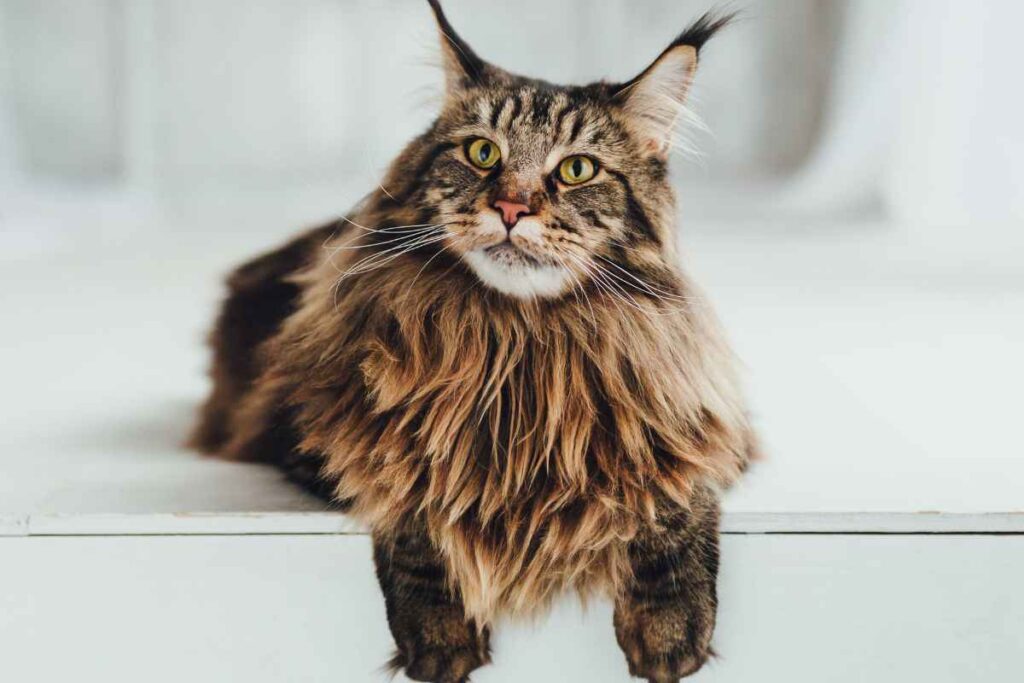
The Maine Coon is one of the most beloved cat breeds around the world.
Known for its large size, long fur, and playful personality, this majestic cat has won the hearts of many cat lovers.
If you’re considering adopting a Maine Coon or already have one, understanding their care needs is crucial to keeping them happy and healthy.
This complete guide will cover everything from their grooming needs to health considerations and personality traits.
Understanding the Maine Coon Cat
Before diving into care tips, it’s important to understand what makes the Maine Coon unique.
Maine Coons are one of the largest domesticated cat breeds, with males weighing between 13 to 18 pounds and females between 8 to 12 pounds.
They are known for their gentle nature and are often referred to as "gentle giants."
Their long, thick coats and bushy tails are a signature look, and they are naturally adapted to cold climates due to their origins in the northeastern United States.
Personality and Temperament
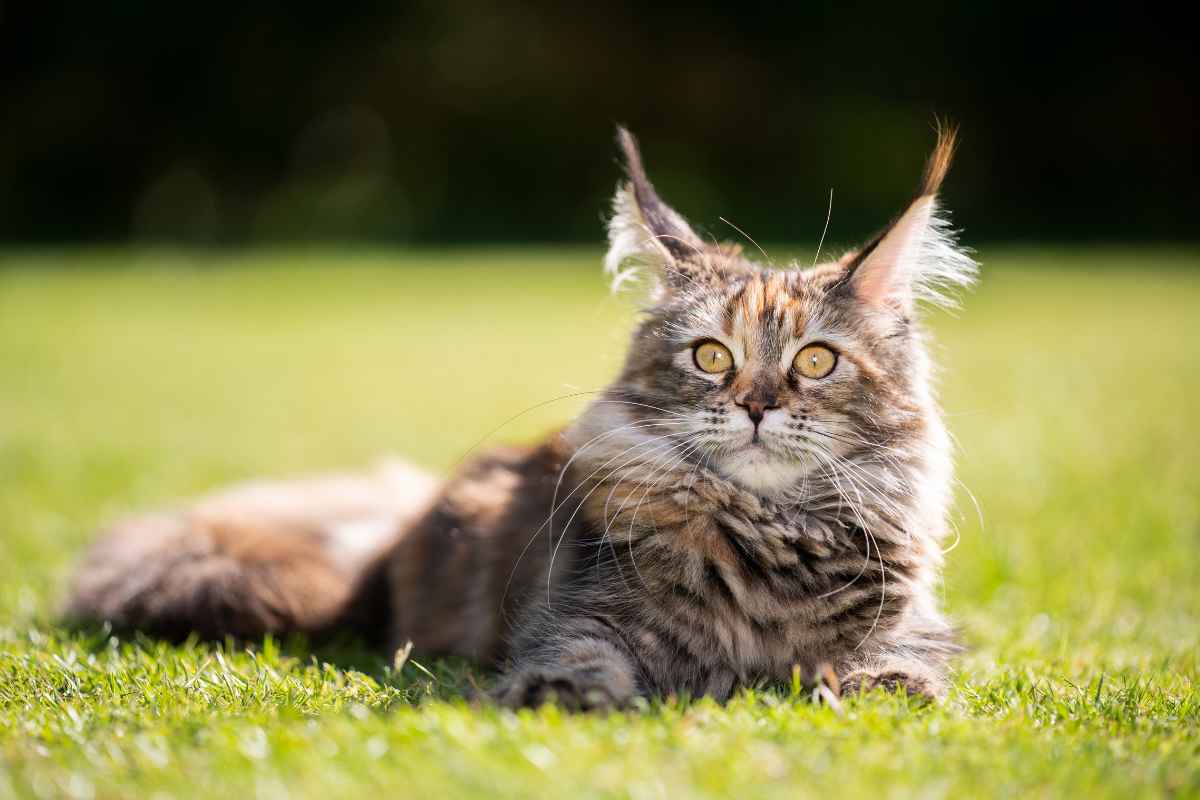
Maine Coons are known for their affectionate, playful, and sociable nature.
Unlike some cats, they tend to get along well with children and other pets.
Their playful demeanor doesn’t disappear as they age, and they often retain a kitten-like curiosity and energy throughout their lives.
Affectionate but Independent: While Maine Coons love spending time with their families, they are also quite independent and will often entertain themselves. They are not overly demanding and can be left alone for longer periods than other breeds.
Vocalization: Known for their soft chirps and trills, Maine Coons are not as loud as some other breeds. However, they will communicate with you using a variety of sounds.
Intelligence: This breed is highly intelligent and can learn commands and tricks. They enjoy interactive toys and puzzles that challenge their problem-solving abilities.
Grooming Your Maine Coon
Given their long, dense fur, grooming is a key part of Maine Coon care.
Regular grooming not only helps maintain their beautiful coat but also prevents mats and tangles from forming.
Brushing Their Coat
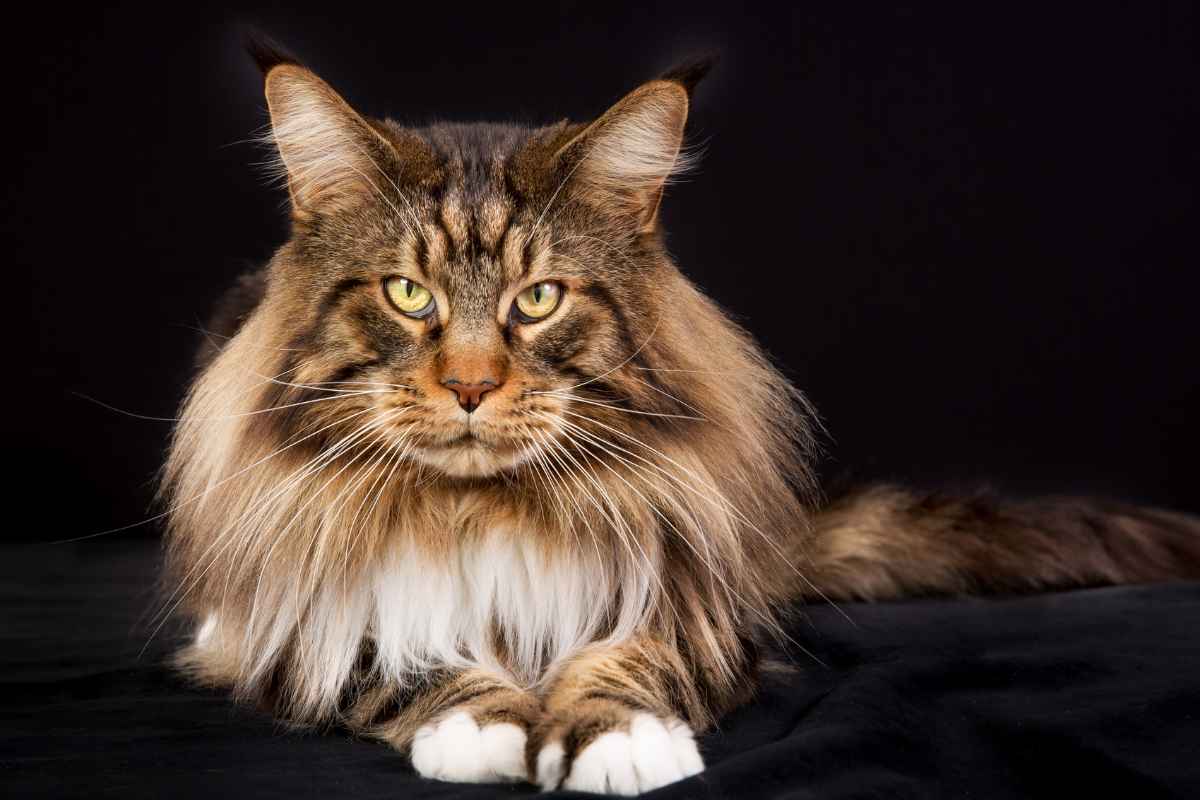
Maine Coons have a long, silky coat that requires regular maintenance to stay healthy.
Their fur tends to mat, especially in areas where it’s more dense, like behind the ears or under the arms. Brushing your Maine Coon at least twice a week is recommended, and during shedding seasons, you may need to brush them more frequently.
Use a comb or brush with wide teeth to remove tangles and mats.
Pay attention to the undercoat, which can become matted if neglected.
Be gentle when brushing, as their thick fur can sometimes hide sensitive skin.
Bathing and Nail Trimming
Though Maine Coons are good at keeping themselves clean, occasional baths can help keep their coat in top shape.
Use a cat-friendly shampoo to avoid skin irritation. Bathing is usually only necessary if they get into something sticky or dirty.
Nail trimming should be done every two to three weeks. Cats with longer nails are at risk of snagging them on furniture or other items.
Clean their ears regularly to avoid buildup of wax, which can cause discomfort or infections.
Dental Care
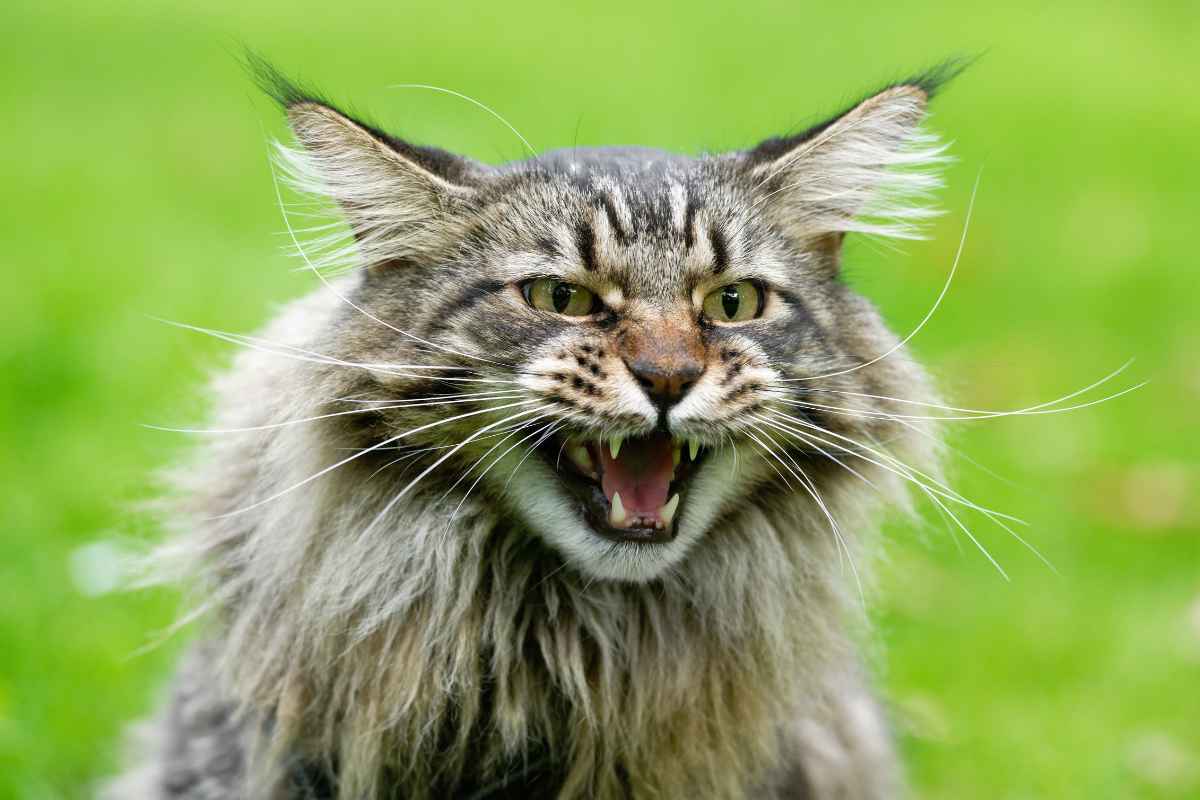
Dental health is often overlooked but essential.
Maine Coons are prone to dental issues like gingivitis or periodontal disease.
Brushing your cat's teeth a few times a week with a special cat toothbrush and toothpaste can help maintain healthy gums and teeth.
Health and Wellness for Your Maine Coon
Like all breeds, Maine Coons have specific health concerns that prospective owners should be aware of.
Regular check-ups with a veterinarian and attention to potential genetic conditions can help keep your Maine Coon in optimal health.
Common Health Issues
Hypertrophic Cardiomyopathy (HCM): This is a common heart condition in Maine Coons where the heart muscle thickens, potentially leading to heart failure. Regular vet visits and early detection can manage this condition.
Hip Dysplasia: Due to their large size, Maine Coons are prone to hip dysplasia, a condition where the hip joint doesn’t fit properly into the socket, causing pain and difficulty walking.
Spinal Muscular Atrophy (SMA): This genetic condition affects the spinal cord’s motor neurons, leading to muscle weakness and atrophy. Early detection can help manage symptoms, but there is no cure.
Nutrition
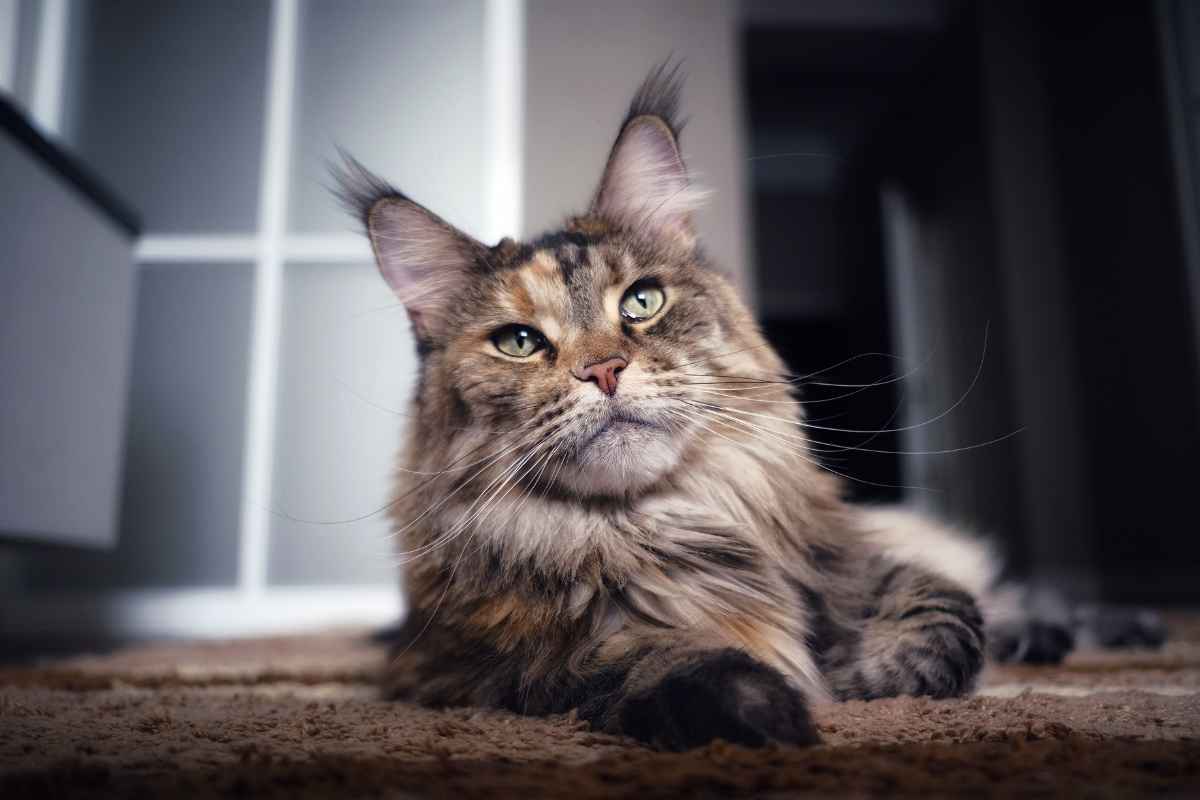
Feeding your Maine Coon a high-quality, balanced diet is essential for maintaining their health and energy levels.
Since they are larger cats, they require more calories than smaller breeds.
Look for a diet that is rich in protein and contains healthy fats.
Kittens should be fed food specifically formulated for their growing needs.
Adult Maine Coons should be fed a diet high in protein, such as chicken or fish, to support their muscle mass.
Fresh water should always be available, as Maine Coons can be prone to urinary tract issues if they don’t drink enough.
Exercise
Despite their large size, Maine Coons are an active breed that enjoys playing and exploring.
Regular exercise is important to keep them mentally and physically fit.
Interactive toys, such as feather wands, laser pointers, or puzzle feeders, can help keep them entertained and engaged.
Climbing: Maine Coons love to climb, so providing them with cat trees or shelves can give them the mental stimulation they need.
Exercise: Daily playtime is essential to prevent obesity, which can be a concern due to their larger size.
Creating a Comfortable Home for Your Maine Coon
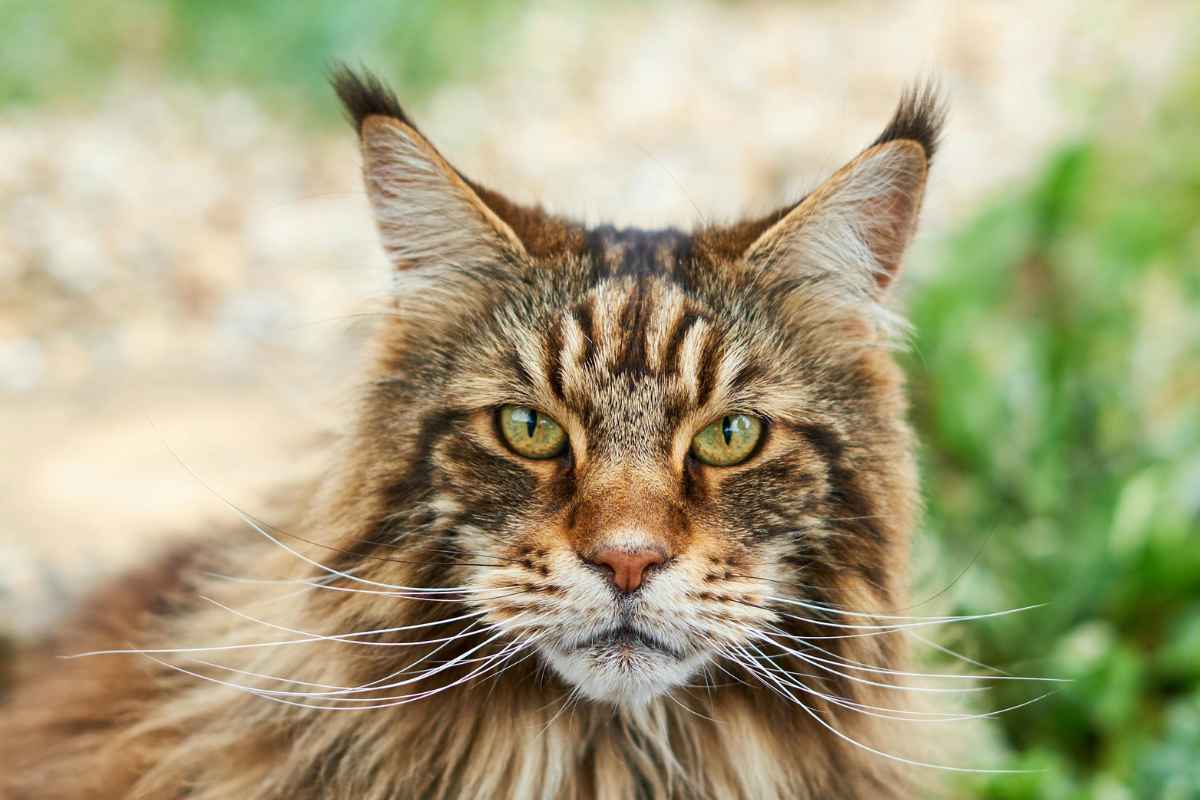
Maine Coons are known for their affectionate nature and desire to spend time with their families. It’s important to create a comfortable, welcoming space for them in your home.
Litter Box Setup
Maine Coons are large cats, so they need a litter box that accommodates their size.
A large, high-sided litter box will allow them to move around comfortably. Some cats prefer covered litter boxes for privacy, while others prefer an open one.
Experiment to find what your Maine Coon prefers.
Comfortable Resting Spaces
These cats love lounging and resting in cozy spots around the house.
Provide soft bedding or a comfortable cat tree where they can sleep or keep an eye on the household activities.
Maine Coons love high vantage points, so offering vertical spaces like cat shelves can be an added bonus.
Mental Stimulation
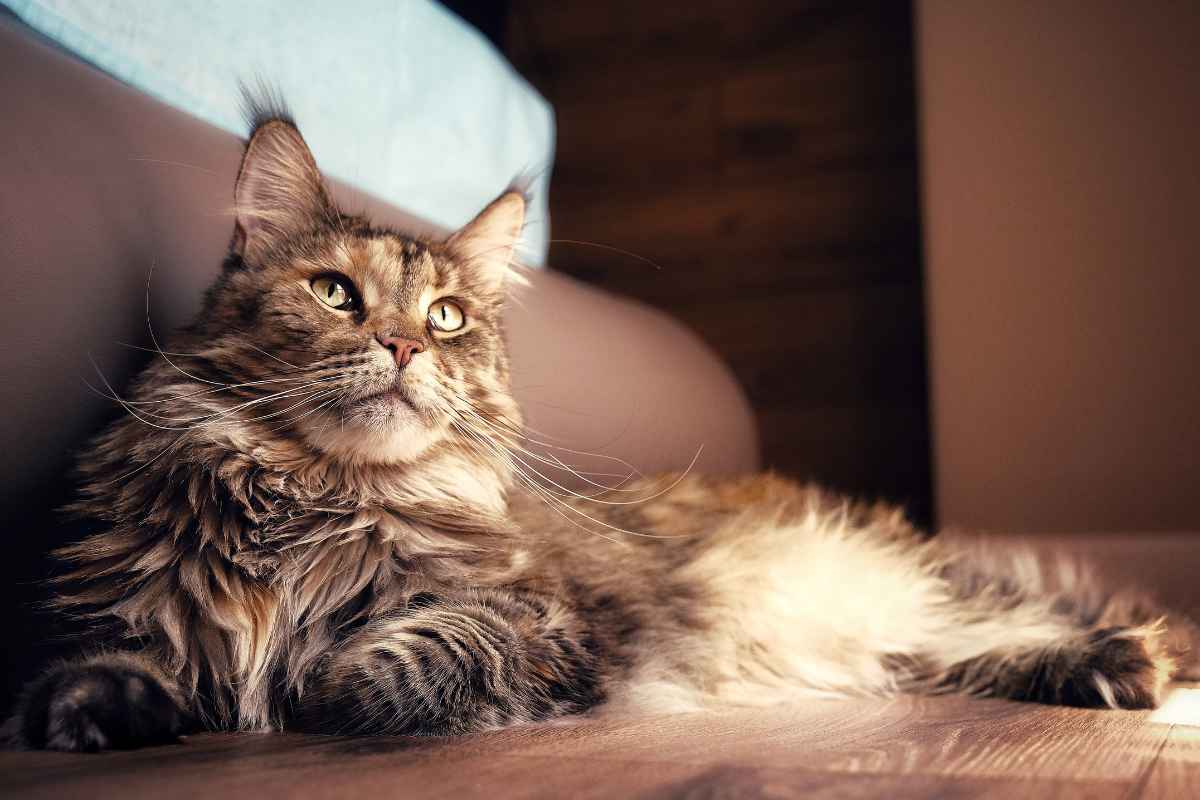
As intelligent cats, Maine Coons need more than just physical exercise.
Mental stimulation is key to their overall well-being. Interactive toys, training sessions, and even puzzle feeders can help keep their sharp minds engaged.
Final Thoughts on Maine Coon Care
Maine Coons are incredible pets for those who can meet their grooming, health, and social needs. With the right care, they can be affectionate, loyal companions for many years.
By providing them with the proper diet, exercise, and grooming routine, your Maine Coon will thrive in a happy and healthy home.
Whether you are a first-time cat owner or a seasoned pet parent, taking the time to learn about your Maine Coon’s unique needs will ensure a fulfilling life for both you and your majestic feline friend.
Did you find this post useful or inspiring? Save THIS PIN to your PETS Board on Pinterest!
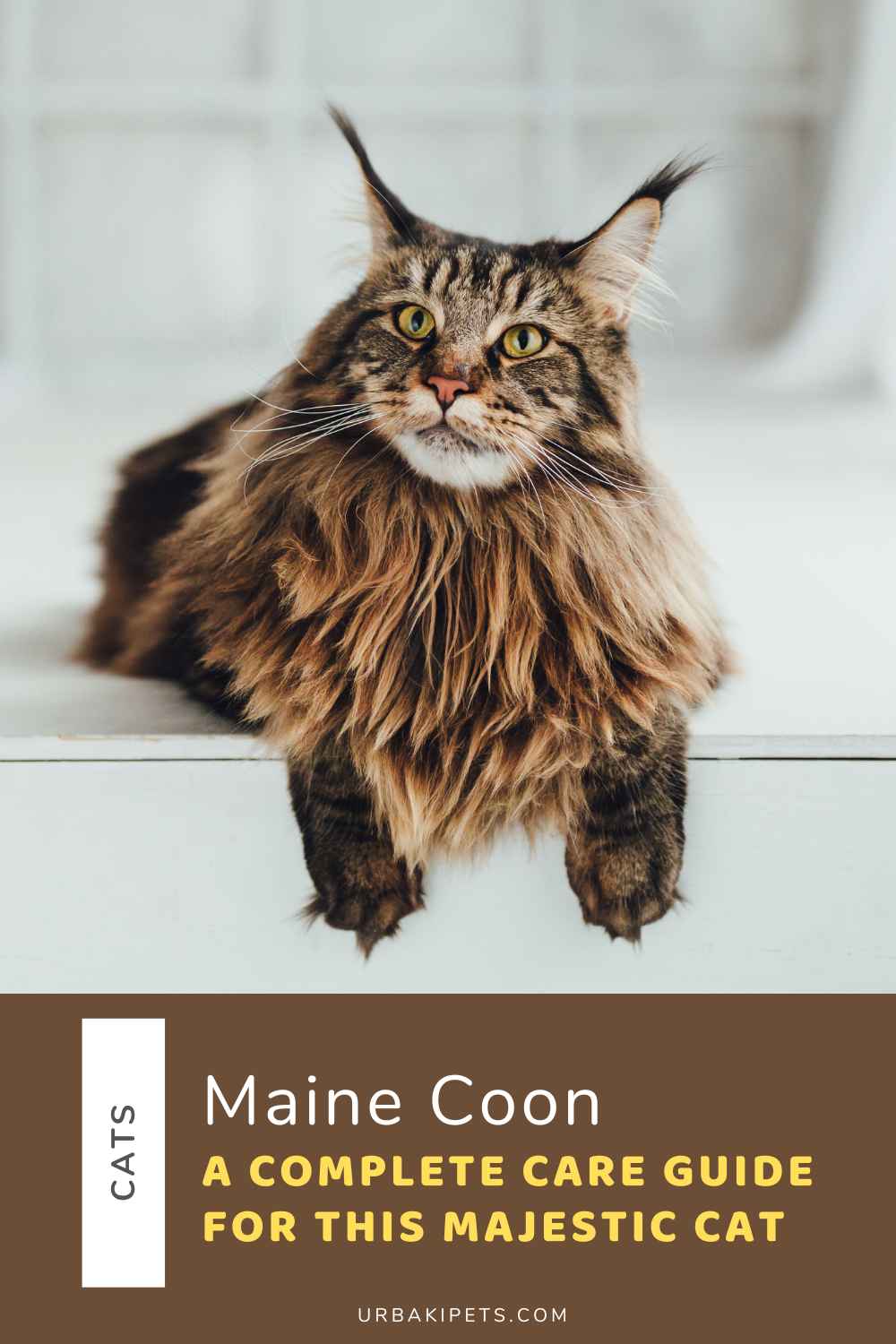

You may also like